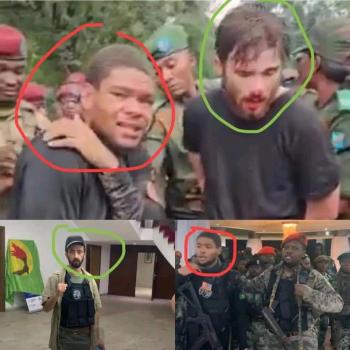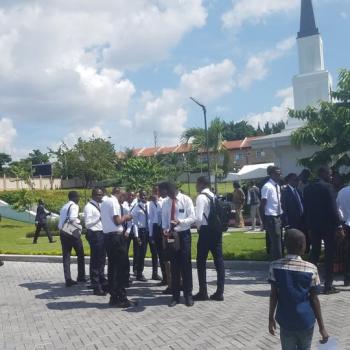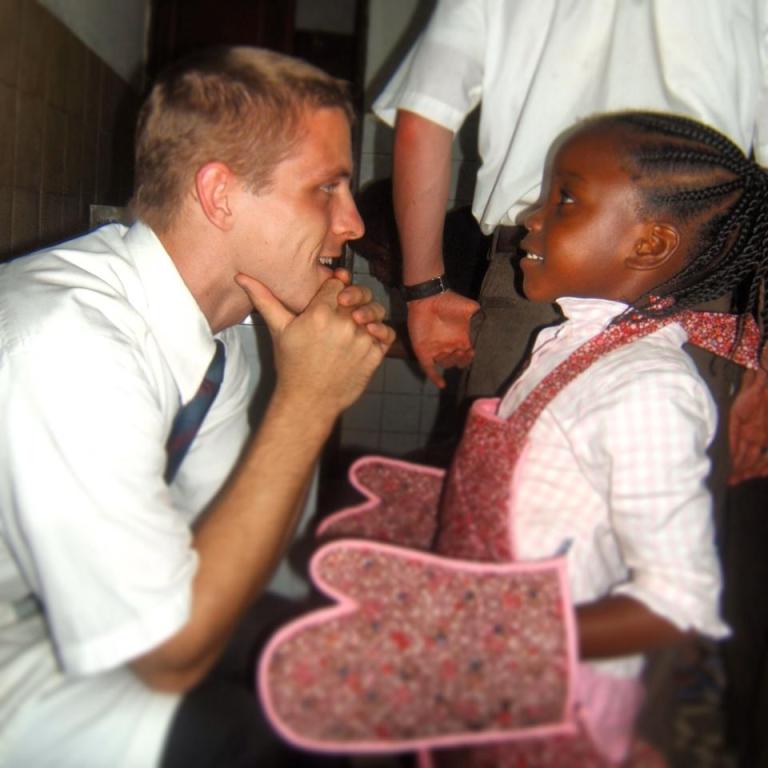Correct answers are bolded.
1: In the Gnostic poem “Hymn of the Pearl,” a young man is sent off by his ________ to pursue a quest:
A) overseer
B) father
C) parents
D) twin
2: Who wrote these words: “If the image of a thing is imprinted on the memory, the thing itself must first have been present, for the image to be imprinted.”
A) Boethius
B) St. Augustine
C) Joseph Smith
D) Percy B. Shelley
3: The most popular poet for Mormons talking about the preexistence is Wordsworth. Which of these lines is from his “Ode on Intimations of Immortality from Recollections of Early Childhood”:
A) Our birth is but a sleep and a forgetting:/ The Soul that rises with us, our life’s Star,/ Hath had elsewhere its setting/ And cometh from afar: Not in entire forgetfulness/ And not in utter nakedness/ But trailing clouds of glory do we come/ From God, who is our home.
B) She would not have found it if she had not remembered it. For when it was found, how should she have known whether it was what she sought? It is always thus when we seek and find anything we have lost.
C) And [thereon] I snatched up the Pearl,
And turned to the House of my Father.
Their filthy and unclean garments
I stripped off and left in their country
D) As flies to wanton boys are we to the gods. They kill us for their sport.
4: What is NOT an LDS belief of the pre-existence?
A) Not only were we conscious and active as premortal beings, but premortality was a time of learning, instruction (like an MTC for earth life).
B) Life on this earth is not a punishment but an opportunity. The spirits of humans are, at the time of birth, pure and innocent but are also capable of enlargement. That enlargement requires experience (in a world of opposition) and embodiment. (Embodiment is a step up rather than down.)
C) Our bodies were made from clay and ashes, like ferns on volcanic rock.
D) The “Great and Noble” were identified before the “War in Heaven.”
5: King Follett was:
A) LDS convert from Sweden, known as the King of his island, which harvested herring.
B) Mormon man crushed in a well at whose funeral Joseph Smith spoke
C) Anti-Mormon man who disappeared after a plague of malaria and was referred to by Joseph Smith as “cursed for his ambition and his follett.”
D) Non-Mormon who gave aid to the Latter-day Saints and so had a particular Wednesday dedicated to him.
6: The King Follett sermon was given:
A) In the red brick store
B) At the home of Erastus Snow
C) In a grove on a windy day
D) On the steps of the unfinished Nauvoo temple
7: Joseph Smith said of God all of the following except:
A) He “is a man like one of you.”
B) He “dwelt on an earth the same as Jesus Christ himself did”
C) He, being plural, is “both male and female, his multifaceted gender being eternal.”
D) He, “the head God called together the Gods, and they sat in grand council. The grand councilors sat in yonder heavens and contemplated the creation of the worlds that were created at that time.”
8: In Saturday’s Warrior, what groups have conversations?
A) Future missionaries
B) Future political groups
C) Future couples
D) Future families
ALL BUT B–sorry, badly worded.
9: In the King Follett discourse, Joseph Smith described eternal life as:
A) A godly life—“and you must set aside all that is ungodly.”
B) Life with God—“who is from eternity to eternity.”
C) “To know the only wise and true God. And you have got to learn how to be Gods yourselves–to be kings and priests to God, the same as all Gods have done-“
D) To sing the praises of God forever until the light of the sun itself sings
10: The line “No Man Knows my History”:
A) Was made up by Faun Brodie when she wrote an anti-Mormon expose of Joseph Smith
B) Is from the Book of Isaiah, referring to Hezekiah
C) Is from “Hymn of the Pearl” referring to the young man’s forgetting all
D) Is from the King Follett Discourse.












